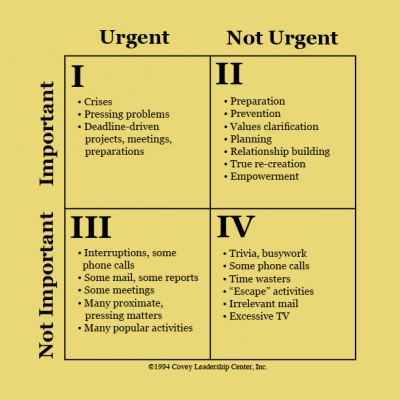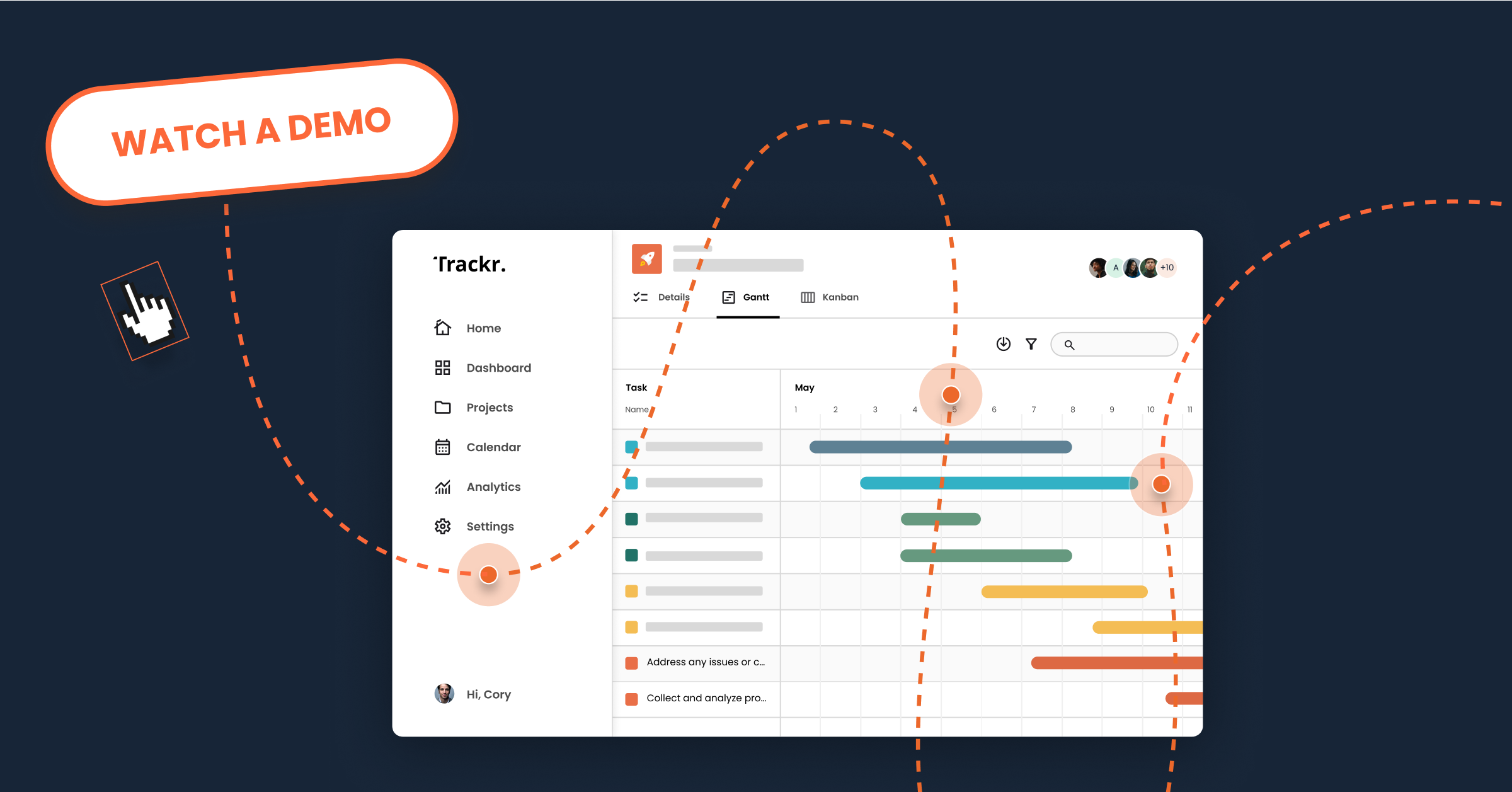By Garin Hess
As the Founder of a SaaS company devoted to improving the lives of Sales Engineers and helping sales leaders scale presales through intelligent demo automation, I read this book primarily to dive deeper into the Presales leadership role. I’ve had many different roles in B2B sales (and many times in a role as Sales Engineer) and whle I’ve worked very closely with many presales leaders, I’ve personally never led a sales engineering team.
Book Review Summary
The Sales Engineer Manager’s Handbook is a must-read for any new Sales Engineering Manager or Director. It is really a step-by-step guide through nearly everything a Presales Manager would encounter in a new leadership role. It includes a section on Managing Yourself, Developing and Serving Your People, Running Presales as a Business, and Serving Your Customers. Even very seasoned presales leaders will find nuggets of wisdom on topics ranging from team building and compensation to KPIs and partnering with Sales. It is well written, thoughtful, and actionable.
Detailed Book Review
This book is made up of 35 chapters, cleverly starting with Chapter 00 and Section 0. Ah, “Section 0”. That made me smile. I like the subtle humor and clearly a nod to the technical nature of John’s audience. The main sections are, which they call “Rules” are:
Section 0: Manage Yourself
Section 1: Develop and Serve Your People
Section 2: Run Presales as a Business
Section 3: Serving Your Customers
Instead of giving you a detailed book summary, I’m going to share some of my favorite snippets that I think will make you want to grab a copy for yourself and, shunning the outside world, engage with two of the most experienced presales minds in the industry.
Section 0: Manage Yourself
The 3+1 Rules and “Manage Yourself”
Right out of the gate the authors encourage you think about taking actionable steps with what they call MMBs, Monday Morning Behavior. “What actionable tasks and new behaviors am I going to start using next Monday when I get back to the office?” As someone who comes from a deep instructional design background focused on learning by doing, I appreciate their constant focus on taking action.
Their recommended “rules” are the three sections listed above, but then they say we need to add one more: Manage Yourself. I was surprised at how much self management wisdom was condensed into Section 0.
- Here are some of my favorites (actual quotes from the book are in quotations, everything else is my commentary):
- “So many people inside and outside the organization feel they can write unlimited checks against your time.” Oh, how true no matter your role!! Someone once said, “If you don’t decide what your time is spent on, someone else will and thereby determine the entire course of your life.” This comes down to the question of “Do I want my life to be what I want it to be or what someone else wants it to be?” Of course, you have to know exactly what you want to control your time better, but it starts with realizing that only you can control it. “…it’s as much your fault as the people who are demanding your time.”
- “Grace under pressure is a learned skill.” First, I love that they even point this out as a key leadership quality. How little this attribute is mentioned in today’s world. Handing problems with grace is a key skill for any leader. And I especially like that they point out it can be learned (through hard experience of course).
- “Will it make the boat go faster?” The authors urge you to stay focused on things that move the needle. This section makes me think of two of my favorite personal productivity books for business readers/leaders. I recommend reading The One Thing, by Gary Keller, if you’re having a hard time finding focus time to make progress on the most important activities. They broadly categorize tasks and activities into one of three buckets: Distractions, Objectives, and Gains. One other book I recommend is Procrastinate on Purpose by Rory Vaden, in which he preaches the Focus Funnel that helps you “multiply your time”: Eliminate, Automate, Delegate, Procrastinate.
- The way they describe “Gain” makes me think of the way we talk about MIOs (Massively Important Outcomes) at Consensus. Every week, each of our team member’s has to make progress on what these authors would call a “Gain”. MIOs and “Gains” are perhaps those Quadrant 2 projects/activities that Covey spoke of:

- They next describe the “Seven Deadly Sins”: Expecting perfection, micro-managing, confusing communications, not understanding who the customer is, giving orders, losing sight of the fight, and ignoring the needs of your employees. They drill down on each area with some excellent advice.
- On working with executives above you, I liked their recommendation to “Be Bright. Be Brief. Be Gone.” There is wisdom in this. However, I do think that execs above you want to engage with you even further if you provide the value. So focus on bringing value (the “Bright”) and less on the Brief and Gone.
- In Chapter 5, “The Art of Saying ‘No’”, they make some very good points about how to prevent from getting overloaded with demo requests, for example. They emphasize pushing back and in response to requests for three demos, to say that the SE only has time for two and when they push back just say, “What’s your priority?”While pushing back and asking for prioritization is key to working with your leaders, it seems to me that the example they give is a false tradeoff because with scaling technologies such as intelligent demo automation you can handle limitless requests through automation and delegation (think Rory Vaden’s Focus Funnel). In other words, you can get more efficient, not just good at pushing back on prioritization. That’s why Consensus exists, to help truly Scale Presales by getting exponential results from existing resources. (Check out our webinar on Scaling Presales: 8 Proven Strategies for Boost Coverage and Customers Experience With Existing Headcount)
I really appreciate that before they dive into the specifics of Sales Engineering leadership, John and Chris focus first on managing yourself, probably the hardest aspect of leadership and often overlooked in leadership advice.
(NOTE: Stay tuned for parts 2 through 4.






